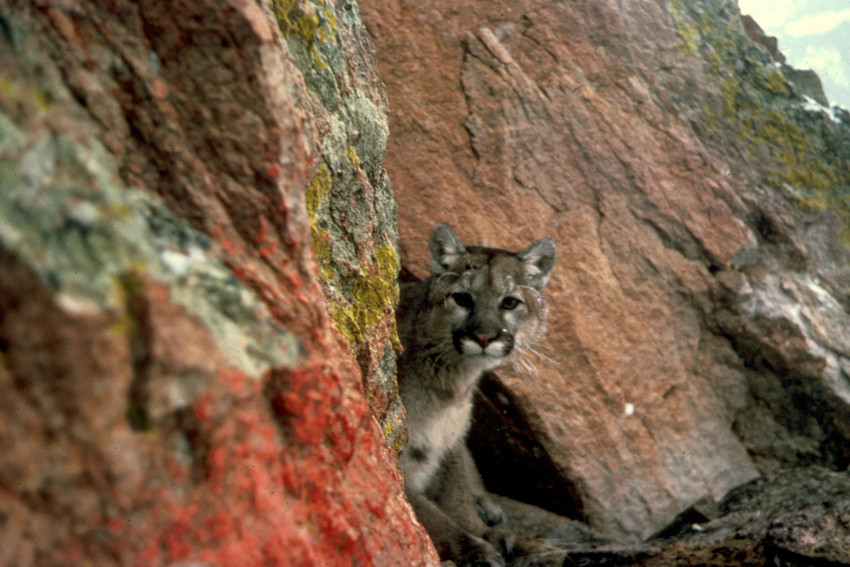SOURCE: Center for Biological Diversity
DATE: December 12, 2018
SNIP: A new state analysis has documented super-toxic rat poisons in more than 85 percent of tested mountain lions, bobcats and protected Pacific fishers, prompting state regulators to open a new evaluation of whether to further restrict or ban the powerful toxins.
The California Department of Pesticide Regulation’s analysis of 11 different wildlife studies indicates non-target animals continue to be poisoned in large numbers despite state restrictions on the sale and use of the deadliest rodenticides since 2014. The long-lasting super toxins often poison non-target animals that eat poisoned rodents.
“This alarming new evidence should spur the state to ban these dangerous poisons,” said Jonathan Evans, legal director of the Center for Biological Diversity’s environmental health program. “There are safer, cheaper alternatives that greatly reduce risks to wildlife, pets and children. Pesticide regulators have no excuse for continuing to allow California’s wildlife to die slow, excruciating deaths.”
The new state analysis documented super-toxic rat poisons in more than 90 percent of tested mountain lions, 88 percent of tested bobcats and 85 percent of protected Pacific fishers tested.
Along with the high percentage of poisoning among tested mountain lions, fishers and bobcats, the re-evaluation analysis documented the potent rat toxins in seven out of ten endangered northern spotted owls tested and 40 percent of tested barred owls.
The harm caused by the super-toxic second generation anticoagulant rodenticides in California is well documented. More than 70 percent of wildlife tested in California in recent years has been exposed to dangerous rodenticides. Officials have found poisonings in more than 25 different species of animals, including endangered wildlife such as the San Joaquin kit fox and Pacific fisher.

